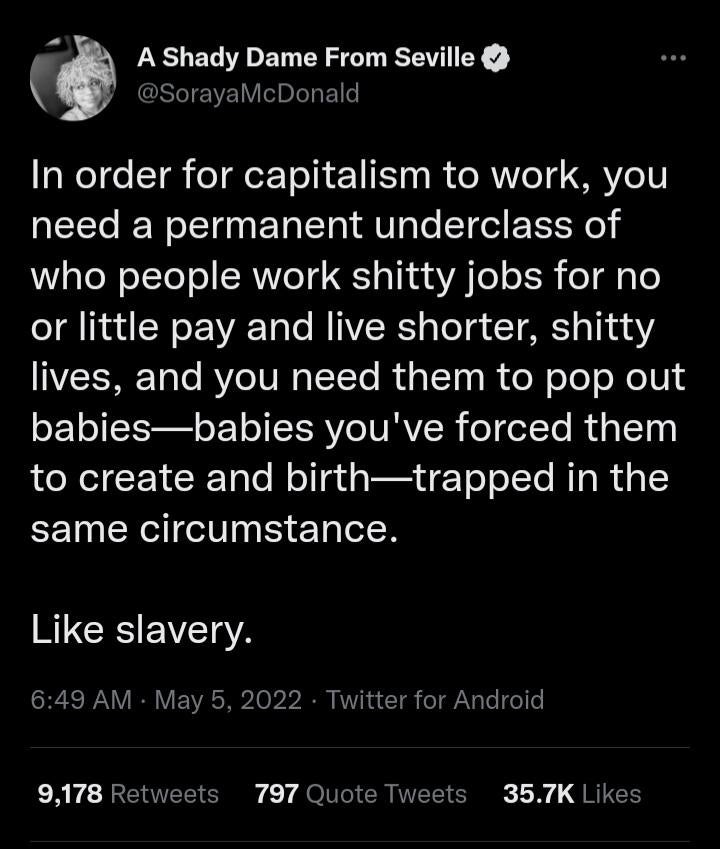Looking for legal ways to protect me and either my employment or my unemployment benefits, if I lose the job. I am a Maintenance supervisor at a hotel, one of the housemen(someone who strips beds and does runs supplies for the housekeepers) has had issue with me since I've corrected him on the proper way to use certain tools necessary to work here. After having some words one day were I felt disrespected I brought it to the managers attention. She called him in there as well, and at the time, on camera, he threatened to fight me and made actions like he was preparing to. His employment kept after that day, and I was told to “be the bigger man” 2 days ago, I was on the phone with another supervisor, the same guy who tried to fight me, was eavesdropping on my conversation. Trying to get proof, I…
For those who choose to live in capitalist society, they must produce for the bourgeoisie. This isn't an actual necessity, however. We produce so much food that a significant portion is thrown out and have so many vacant homes that the entire US homeless population could be housed ten times over, so the old Soviet adage of “he who does not work, neither shall he eat” simply doesn't apply anymore. Labor is therefore coercive, using the fears of hunger and homelessness to scare people into submission. But how does this differ from other societies? Because capitalism has ensured that there are virtually no other alternatives. The commons of Europe, where anyone could build a house, cut down trees, or grow crops, completely outside of the feudal system, are gone. The policy of homesteading in the US, where people could gain ownership of land once they lived on it for long…
Socialism for Absolute Beginners
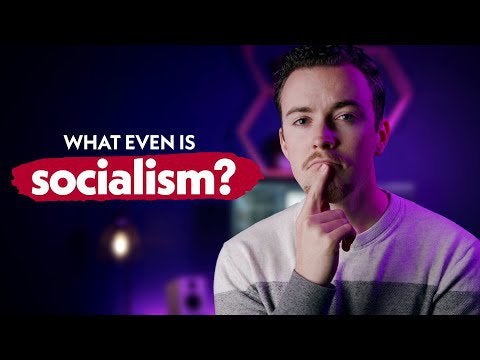
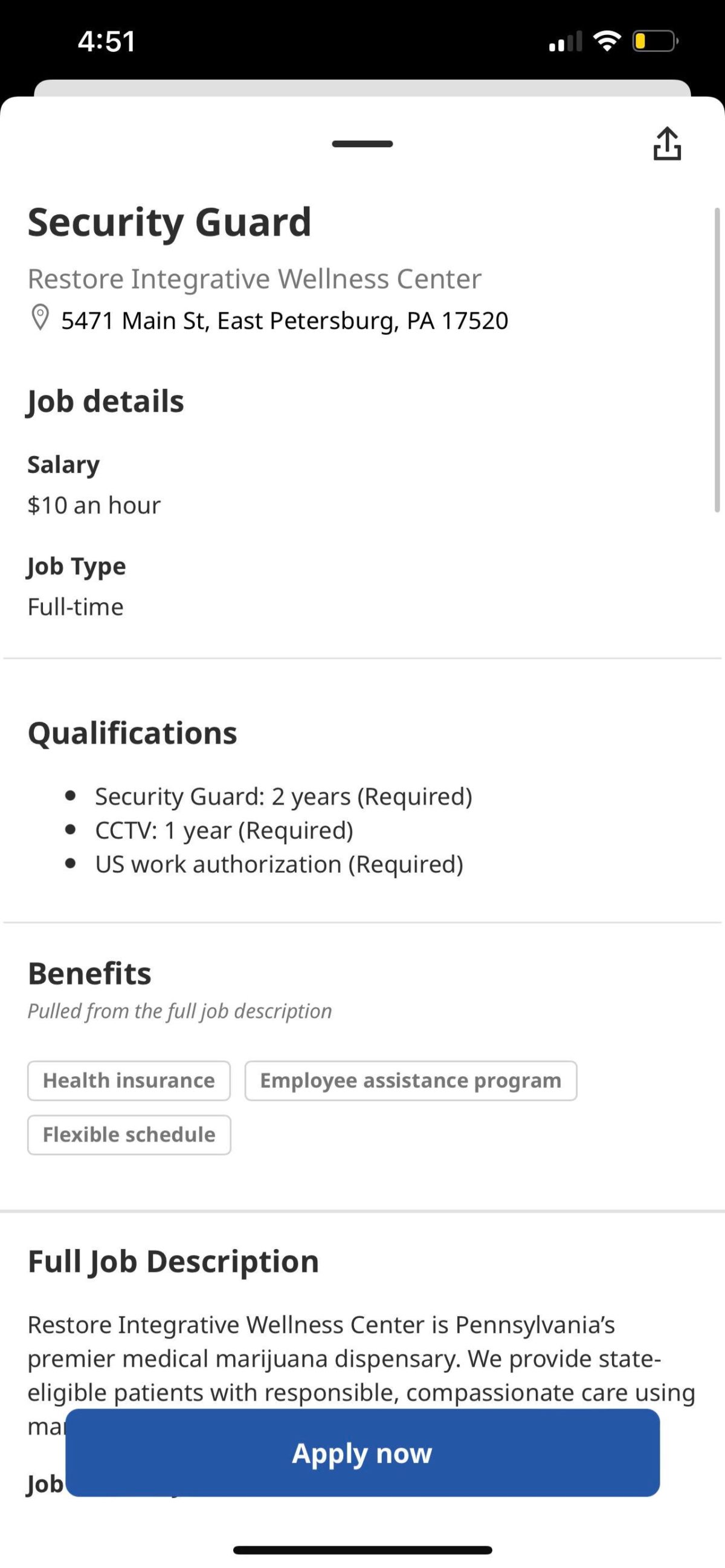

Neoliberalization has not been successful at increasing capital accumulation with the exception of the economic elite (Harvey, 2005). These policies have also led to staggering income inequality, disempowerment of workers in their ability to advocate for themselves, outsourcing of manufacturing jobs overseas, inadequate social services, mass incarceration and a healthcare system that is not only expensive but ineffective in providing for its citizens (Case & Deaton, 2020; Nkansah-Amankra et al., 2013). With these policies came increased inequality as the wages of the top 1% of earners grew by 160.3% from 1979–2019 while wages for the working class have either decreased or remained the same (Mishel & Kandra, 2020). Working conditions have also suffered due to the decreased power of unions which has led to longer hours, increased work intensity, and less worker control of how and where work is performed (Moncrieff, 2001). Source: https://www.ncbi.nlm.nih.gov/pmc/articles/PMC8145185/#!po=0.847458 Thoughts?
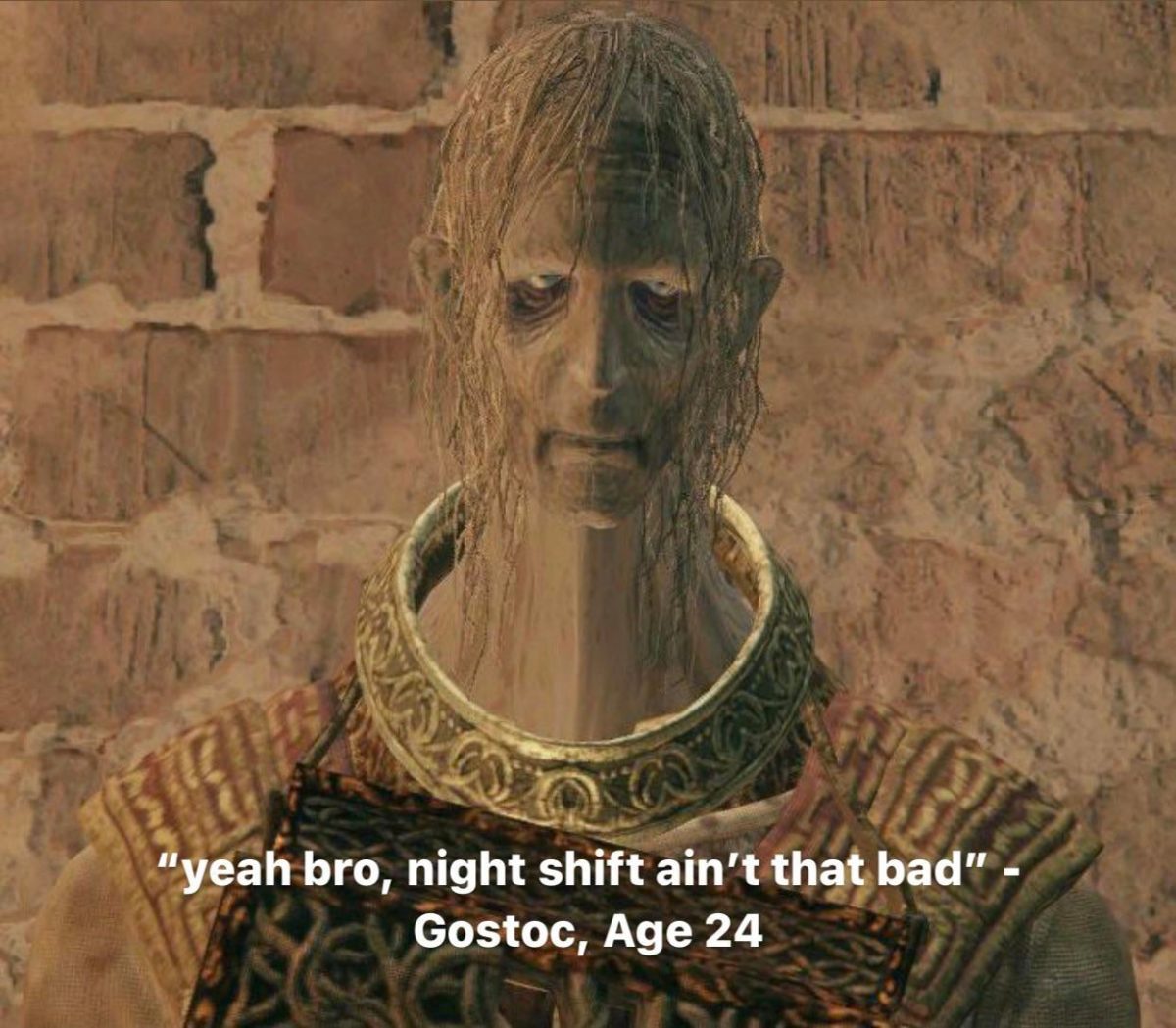
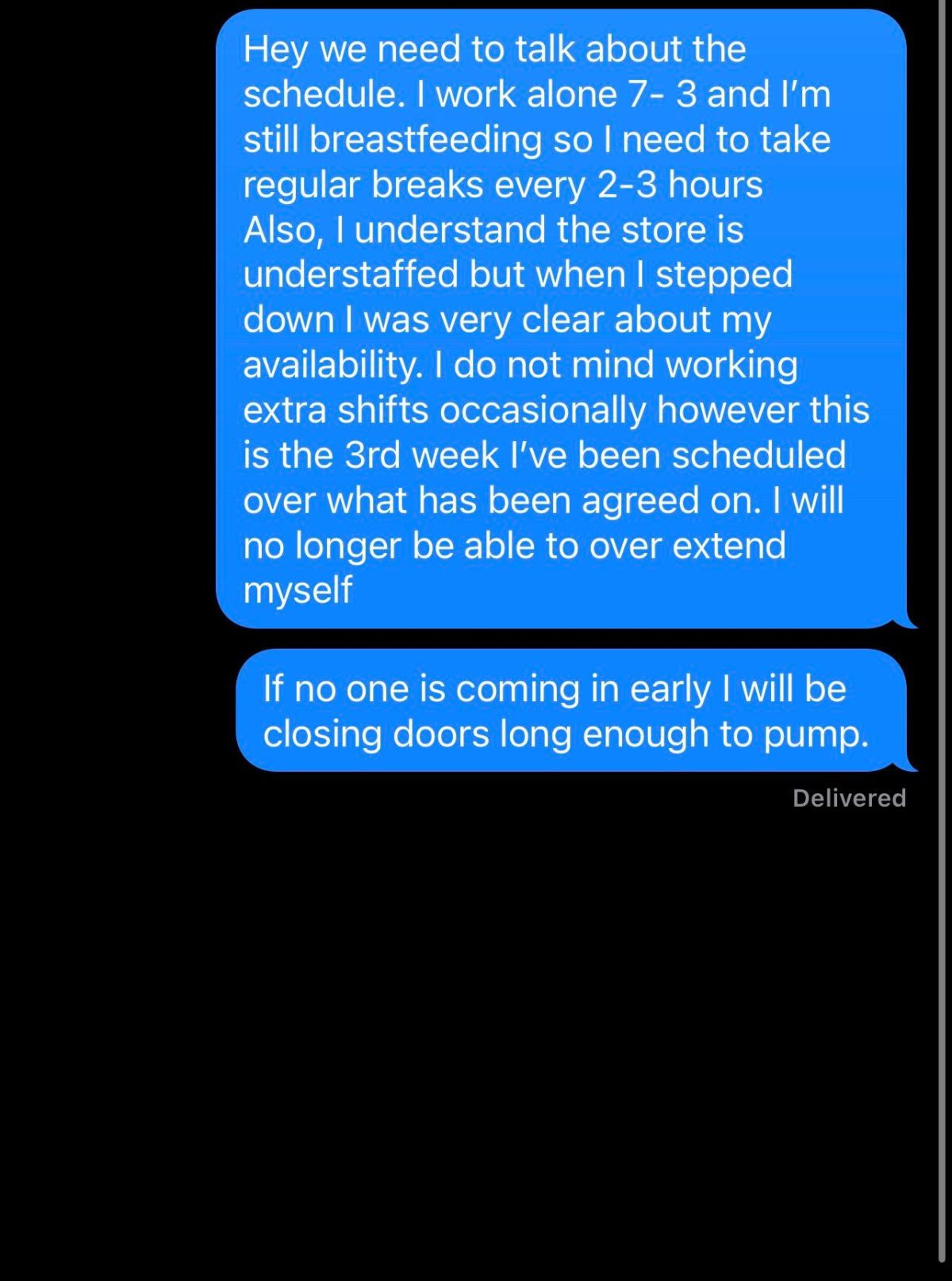
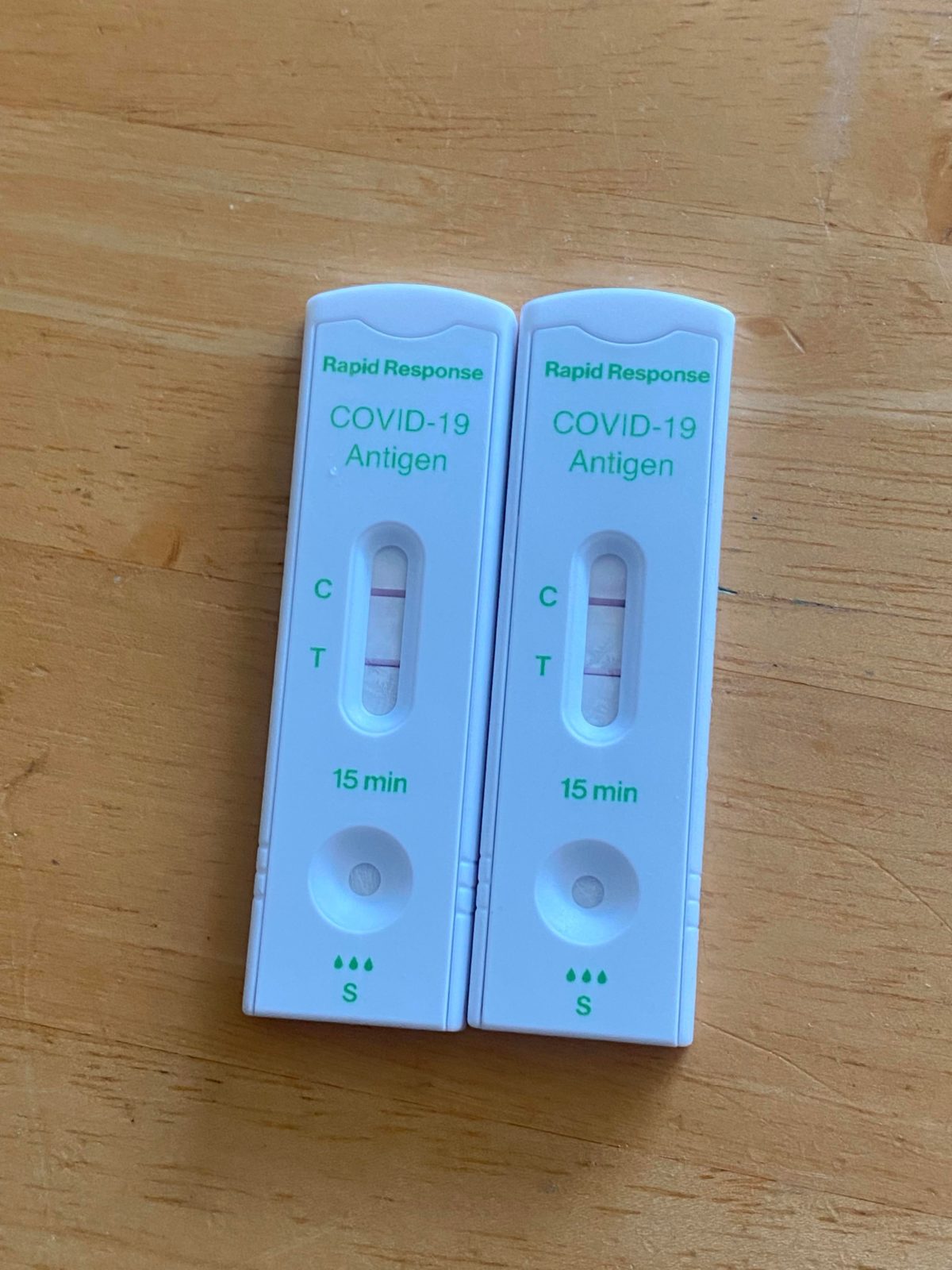
toxic work environment!
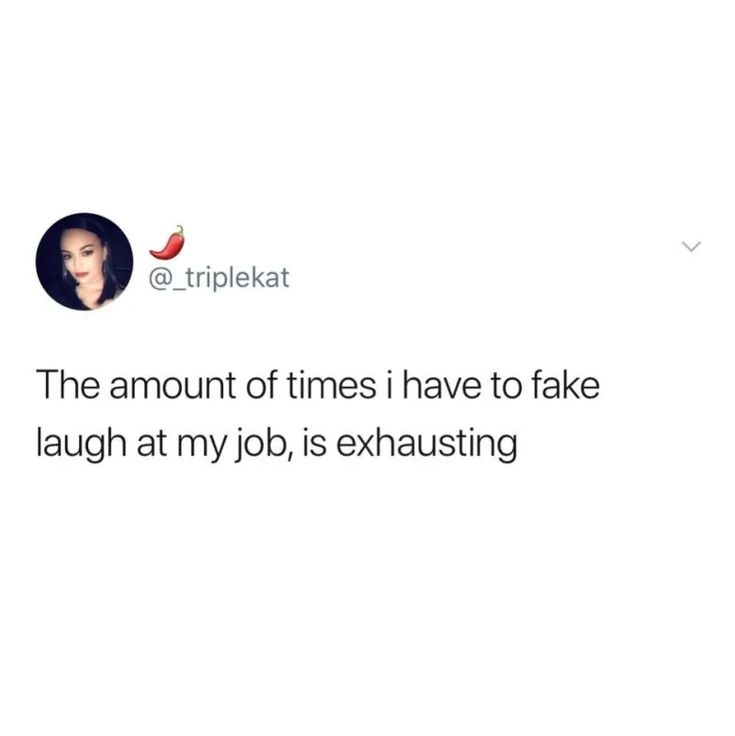
What they really mean by “pro-life”.
